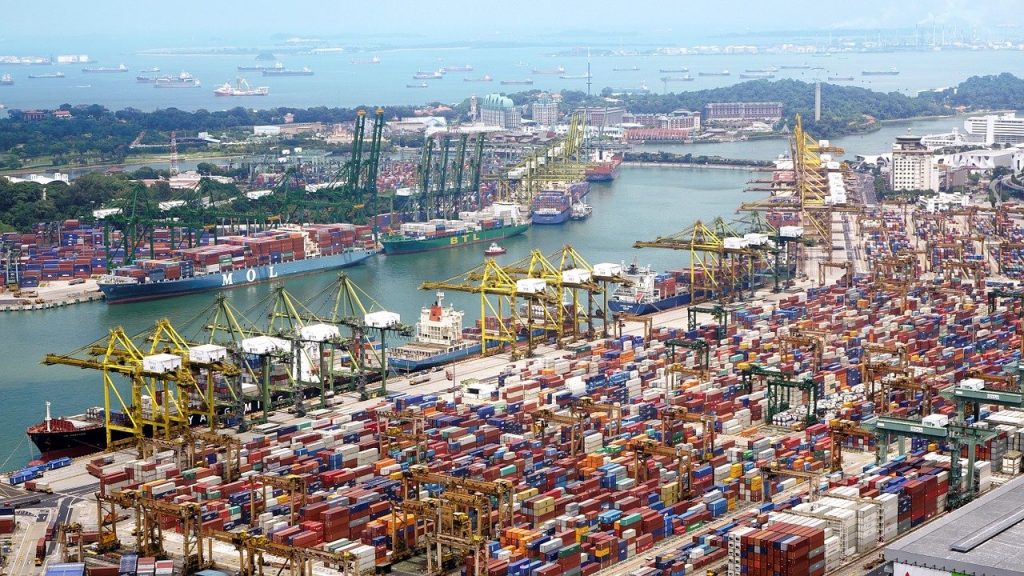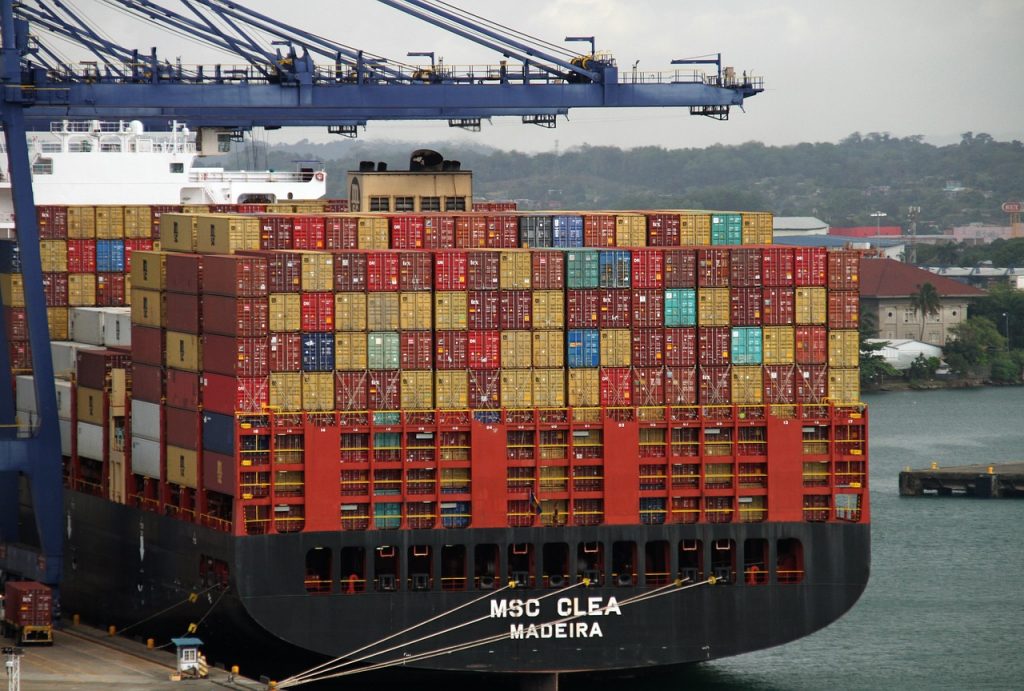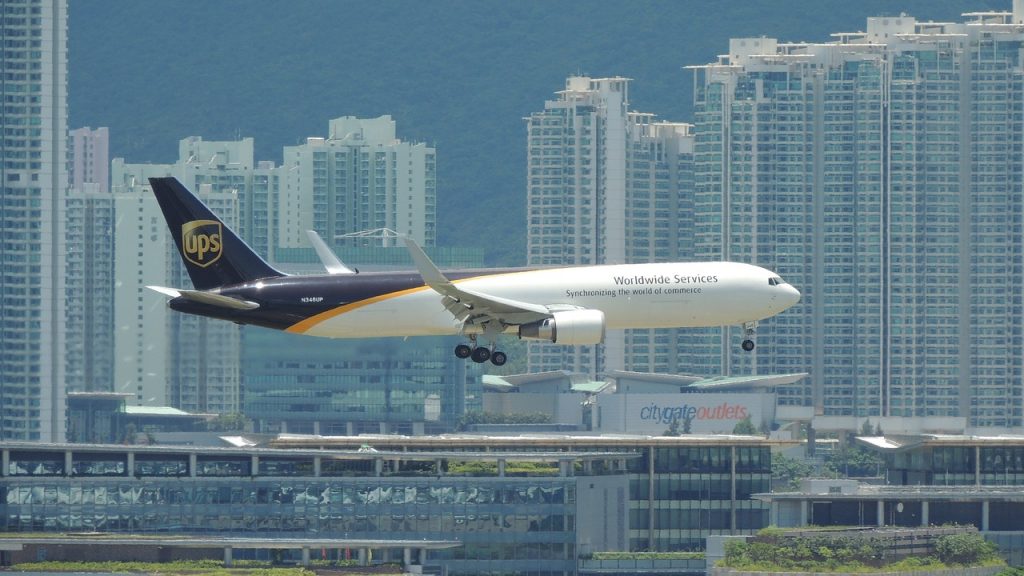
When you are in the process of deciding how best to carry out an import or export, the first decision you will need to make is the mode of long-distance transport you plan to use. The two options are ocean freight or air freight and have differing impacts on what is likely to be the three most important factors you will be taking into account when planning your international shipping. These are Cost, Speed and Reliability.
COST
Most obviously you will be considering cost, especially if you are a business client the cost of shipping will probably be very important as you will likely have to keep to a budget. So which is cheaper? Most often you will hear that air freight is more expensive than ocean freight, and often this is true, however like most things there are exceptions.

To be able to make an informed decision it will help to understand how carriers charge for international shipping. Airlines will bill you based on what is known as chargeable weight. Chargeable weight is calculated by combining the weight and size of a shipment. Sea carriers do this differently, instead of charging per container shipped using standard-sized containers (ship a 20 ft container and 40 ft container being the most common sizes) while weight can factor into the Price with sea carriers; their charges are more often based on the size of the shipment.
If you are shipping with what is known as LCL (Less than Container Load) the price will often be determined by cubic meter. The larger and heavier the shipments are, the more likely it will be cheaper to be shipped by sea. As a shipment gets smaller, the margin between the prices gets smaller and can eventually become cheaper to use air freight, although exactly when this point is met will depend on the destination.
Shippers should also be aware of destination charges too, weather using air or sea, there will be customs and destination fees. While the actual shipment cost of sea freight is usually cheaper than air freight, the warehousing fees at seaports are often much more expensive than those at airports.
SPEED

When it comes to the speed factor it is much clearer cut, air freight will be much faster. In cases where time is of high value, the greater cost may well be offset by the time savings made. Many sea shipments can have transport periods of around a month while an air shipment over a similar distance is unlikely to take much over a day. For most businesses, shipping faster can prove to be more economical. For individuals moving household goods however, it may be beneficial to have extra time to prepare logistics which will be necessary upon the arrival of the goods in the new country. It should be remembered though that ships can at times be faster than expected with shorter shipping routes thanks to Canals and faster ships, so it is worth checking.
RELIABILITY

When comparing the two side by side, air freight tends to be the more reliable option for international shipping. Though airfreight can get delayed due to poor weather conditions or other factors, airlines are very cautious about their schedules, which is often not as much the case for ocean freight. Minor delays in ocean freight are not considered highly uncommon. Also as ocean lines tend to have weekly schedules, missing a steam liner could place a shipment a week off, while many airfreight flights run daily. When time is a factor, airfreight can often be the better option for shippers.

